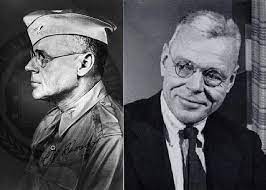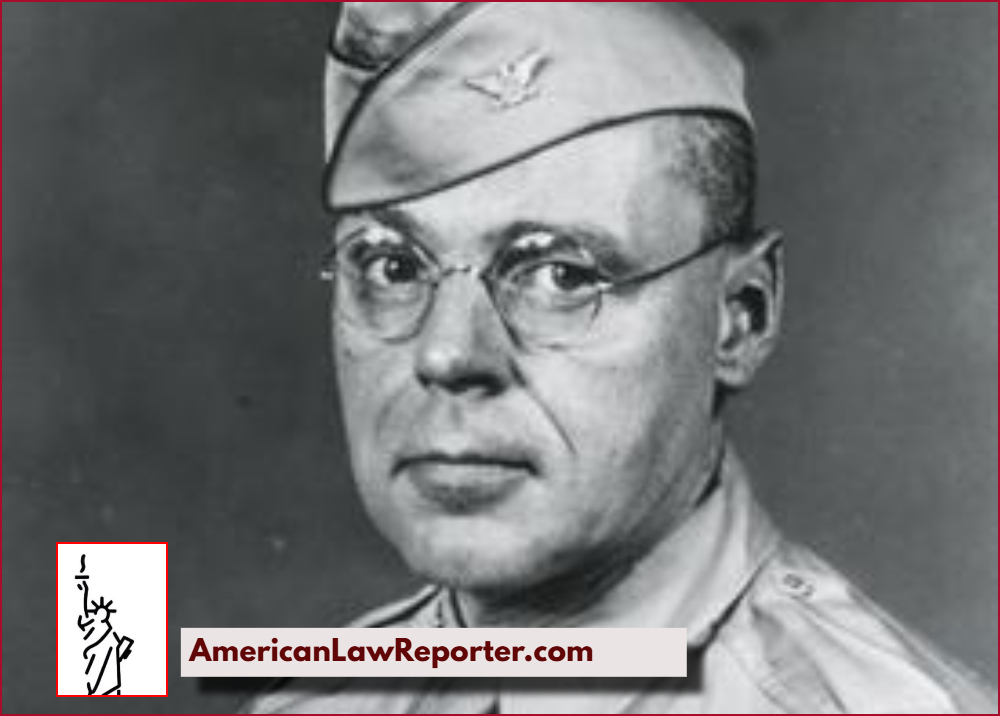A man once revered as a trailblazer in cancer research, Dr. Cornelius Packard “Dusty” Rhoads, held a secret so dark it still casts a shadow over American medical history.
In 1931, Rhoads — a celebrated pathologist and future director of Memorial Sloan Kettering Cancer Center — was sent to Puerto Rico under the auspices of studying anemia. But instead of healing, he unleashed horror. In a private letter later discovered and published, Rhoads confessed to what he claimed were deliberate acts of medical murder and experimentation on Puerto Rican patients.
“I have killed several patients and transplanted cancer into many others,” he wrote, before descending into virulent racism: “They are beyond doubt the dirtiest, laziest, most degenerate, and thievish race of men ever inhabiting this sphere… I wish I could kill more of them.”

When the letter surfaced, outrage exploded throughout Puerto Rico. Rhoads quickly claimed it was all a “joke” — an attempt at dark satire. But the damage was done. An investigation followed, yet astonishingly, no charges were brought. Despite what amounted to a written confession, Rhoads faced no consequences.
Instead, he ascended.
By the 1940s, Rhoads had become a central figure in the U.S. Army’s Chemical Warfare Service during World War II. His work on chemotherapy, while groundbreaking, was developed under a cloud of ethical concerns. He was later appointed director of Memorial Sloan Kettering, one of the most prestigious cancer institutions in the world.
For decades, Rhoads’ name appeared on prestigious awards in medicine, and his contributions to science were enshrined in textbooks — while the lives he claimed to have destroyed in Puerto Rico were erased.
It wasn’t until over 70 years later, after persistent activism by Puerto Rican scholars and human rights advocates, that his name was finally stripped from the American Association for Cancer Research’s Cornelius P. Rhoads Memorial Award. Even then, many questioned whether that symbolic gesture could ever amount to justice.
The case of Dr. Cornelius Rhoads is more than a disturbing footnote in medical history — it is a haunting indictment of how systemic racism and colonialist attitudes once enabled even self-admitted killers to be elevated as heroes.
It forces us to confront uncomfortable truths: how often has scientific advancement come at the expense of marginalized lives? And how many others, like Rhoads, have had their crimes buried beneath their accolades?
In an age of renewed reckoning with historical injustices, Rhoads’ dark legacy shows us the cost of looking the other way.
Below is the controversial letter in full:
Dear Ferdie:
The more I think about the Larry Smith appointment the more disgusted I get. Have you heard any reason advanced for it? It certainly is odd that a man out with the entire Boston group, fired by Wallach, and as far as I know, absolutely devoid of any scientific reputation should be given the place. There is something wrong somewhere with our point of view.
The situation is settled in Boston. Parker and Nye are to run the laboratory together and either Kenneth or MacMahon to be assistant; the chief to stay on. As far as I can see, the chances of my getting a job in the next ten years are absolutely nil. One is certainly not encouraged to make scientific advances, when it is a handicap rather than an aid to advancement. I can get a damn fine job here and am tempted to take it. It would be ideal except for the Porto Ricans [sic]. They are beyond doubt the dirtiest, laziest, most degenerate and thievish race of men ever inhabiting this sphere. It makes you sick to inhabit the same island with them. They are even lower than Italians. What the island needs is not public health work but a tidal wave or something to totally exterminate the population. It might then be livable. I have done my best to further the process of extermination by killing off 8 and transplanting cancer into several more. The latter has not resulted in any fatalities so far… The matter of consideration for the patients’ welfare plays no role here — in fact all physicians take delight in the abuse and torture of the unfortunate subjects.
Do let me know if you hear any more news.
Sincerely, “Dusty”

